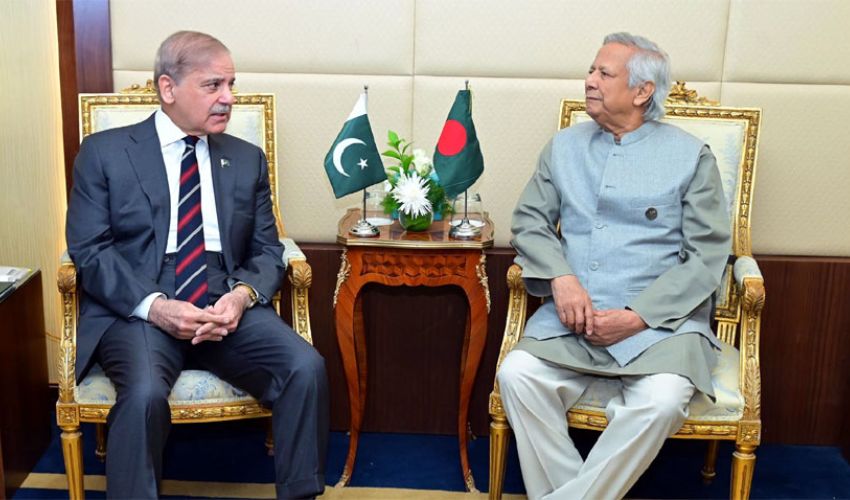India's irresponsible nuclear program has become a serious threat to global peace. Recently, the breach in the Indian naval vessel INS Arihant, where seawater entered the ship, has raised questions about India’s defensive capabilities on an international level.
India's violation of naval safety protocols has caused embarrassment on the global stage.
The accidental firing of the BrahMos missile stands as clear evidence of India's defense failures, while the three-year delay in the INS Arighat project reflects significant shortcomings in India's military planning. Design flaws in the Tejas fighter jet further highlight the substandard condition of India's military technology.
Despite a poverty rate of over 140 million people, India continues to spend billions on defense projects. The use of substandard materials in nuclear technology poses environmental hazards, while frequent drone crashes and failures against advanced Chinese anti-drone systems have severely tarnished India's defense reputation.
Repeated failures in India's defense planning have raised global concerns, with increasing scrutiny of the Indian government's defense policies. Experts argue that India's nuclear capabilities pose a threat to global security. The failure of INS Arihant puts the Indian Navy’s expertise into question, while the use of hazardous nuclear technology endangers marine life in South Asia.
In light of the risks of marine pollution and nuclear threats, Pakistan has decided to raise its voice on international forums. Pakistan maintains that a debate on India's nuclear threats should be held at the United Nations, as these developments are a growing concern for regional and global security.

























